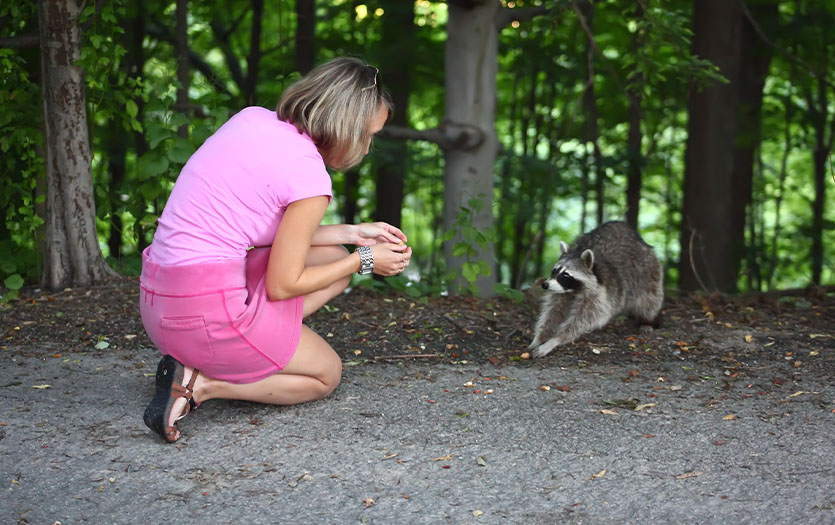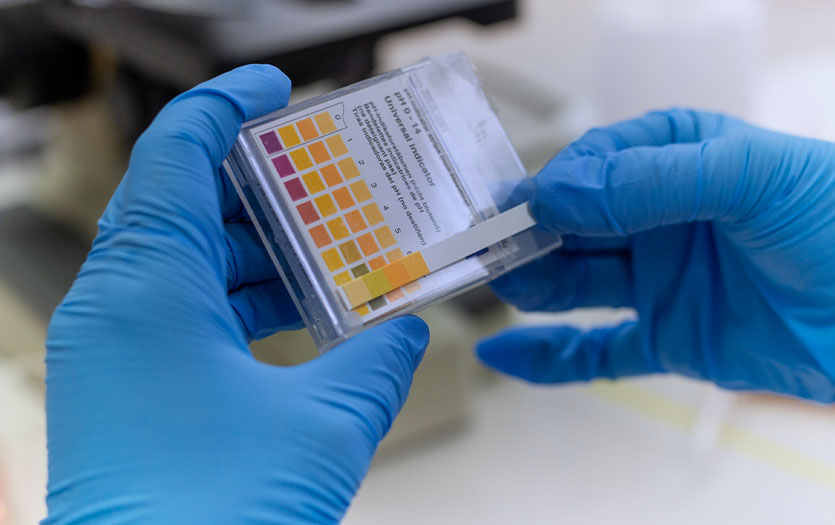
Pneumonia unnecessarily affects millions of people worldwide each year, but did you know there is a way of preventing it? In honor of World Pneumonia Day, we asked Ankur Sinha, MD, PPG – Pulmonology, to share some valuable insight on the illness and how getting vaccinated could help lower your risk of infection.
What is pneumonia?
Pneumonia is an infection of one or both lungs caused by either a virus, bacteria or fungus and accompanied by a cough with or without sputum production.
What are the signs and symptoms of pneumonia?
The most common sign of pneumonia is cough. In many cases, we can get a good idea of which type of pneumonia we are dealing with based on the characteristics of a patient’s cough. For instance, viral pneumonia generally begins with a dry cough that will worsen over time. Bacterial pneumonia, which is more severe, will have a cough that produces sputum, a yellowish-greenish mucus and pus.
Additional signs and symptoms of pneumonia could also include:
- Fever
- Chills
- Shortness of breath
- Rapid shallow breathing
- Chest pain
- Loss of appetite
- Nausea and vomiting
- Confusion
If you experience any of the following symptoms, or your cough lasts longer than a few weeks, please contact your primary care provider or seek immediate medical intervention.
What causes this respiratory lung infection?
The most common causes of pneumonia, until COVID-19 hit us, were influenza or other viral infections like respiratory syncytial virus and enteroviruses. In the past, we would provide patients with supportive care and then let them recover independently. Unfortunately, these viral pneumonias lower the body’s defense mechanisms, leaving the patient more prone to contracting a bacterial superinfection. This is where the pneumonia vaccines come into play. They can help support your body’s immune system and strengthen defenses, which will lower their risk of contracting these superinfections.
How does pneumonia spread?
There are a few ways pneumonia can spread depending on the type of infection. Viral pneumonia typically spreads through respiratory droplets that an infected individual sneezes or coughs into the atmosphere. However, the illness can also spread through more aggressive organisms, which stay in the air longer. For example, tuberculosis, another form of pneumonia, can be carried in airborne particles, meaning you only need to be in the same room, or in close proximity, with an infected patient to contract it.
Who’s most at risk for contracting the illness?
People most at risk for contracting pneumonia are infants and young children, adults 65 years of age or older, and individuals with an excessive smoking history and underlying medical conditions like diabetes, structural lung conditions, asthma and other conditions that weaken the immune system.
Is there a vaccine to help lower someone’s risk of getting pneumonia?
Yes, there are vaccines that can help prevent infection by some of the bacteria and viruses that can cause pneumonia. Bacterial pneumonia due to pneumococcus otherwise known as streptococcus pneumonia is an important cause of pneumonia in the United States and because this bacteria has so many different forms, scientists formulated the vaccines toward 23 different variants of the illness. The influenza vaccine and multiple preparations of COVID-19 vaccines are the other vaccines that can help fight against viral pneumonia.
Who should get the pneumonia vaccine?
We generally recommend the pneumonia vaccines to at-risk individuals and those 65 years of age and older. However, people should connect with their primary care providers to discuss their risk factors because those with diabetes or other underlying medical conditions may qualify to receive the vaccines earlier than usual.
Who should not get the pneumonia vaccine?
Anyone who has had an allergic reaction to the vaccine’s components should not get it again. Likewise, any person who has reacted to a similar vaccine should speak with their provider to ensure the pneumonia vaccine does not contain the same elements.
What can someone expect after receiving the vaccine?
The pneumonia vaccines are exceptionally well tolerated and have a very high safety profile. Still, as with any shot or vaccination, people may experience pain, swelling or redness at the injection site. Individuals may also experience arm stiffness, mild fevers, chills, fatigue and headache. If someone does develop a high fever after their vaccination, they should contact their healthcare provider right away.
What advice would you give someone considering vaccination?
I would advise them to speak to their healthcare provider about the risks and benefits of the pneumonia vaccine. I would also remind them that the pneumonia vaccine has been extensively evaluated and found highly effective. I would also reassure patients that this is a safe and effective way of improving their chances of successfully recovering from a pneumonia infection without any lasting damage to their lungs.
For more information about pneumonia and other lung conditions, please visit the Parkview Physicians Group - Pulmonology and Critical Care page.



